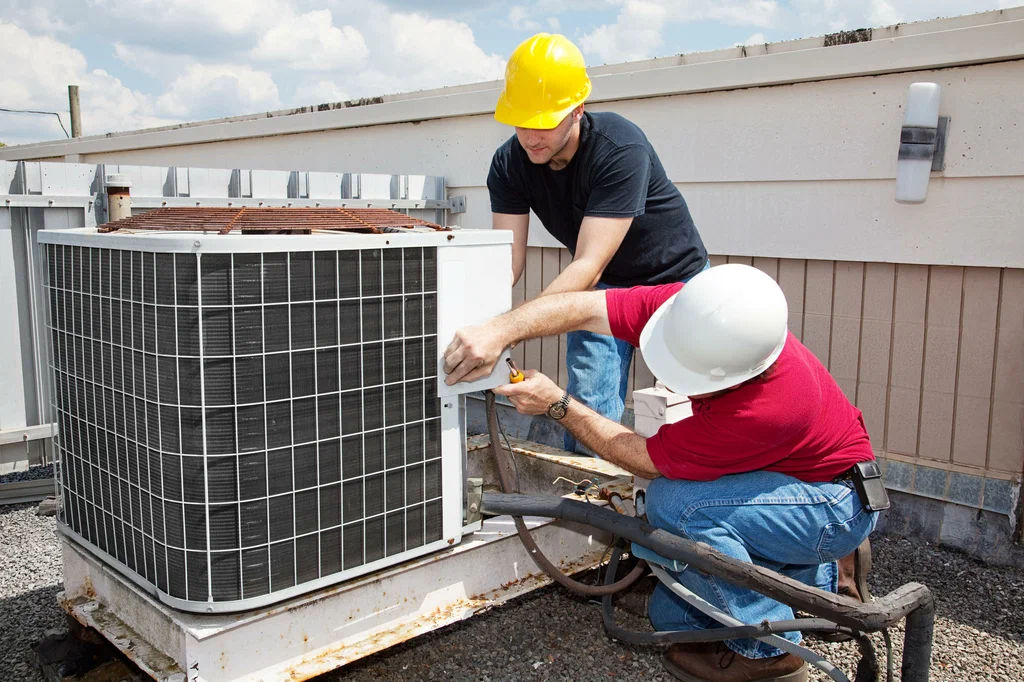Global Cooling System Market: Trends, Growth, and Future Innovations

Global Cooling System: Driving Efficiency, Comfort, and Sustainability
Introduction
Cooling systems have become an integral part of modern life, playing a vital role in industries, commercial spaces, residential areas, and transportation. From air conditioners and refrigeration units to large-scale industrial cooling technologies, the global cooling system market has grown rapidly due to rising urbanization, industrial expansion, and climate change challenges.
As temperatures rise and energy consumption increases, efficient and sustainable cooling systems are gaining global attention. This article explores the market dynamics, types, applications, innovations, and future trends shaping the Global Cooling System Market.
What is a Cooling System?
A cooling system is a technology designed to regulate temperature by removing heat from a specific area, substance, or machine. It ensures thermal comfort, preserves perishable goods, and enhances the efficiency of industrial processes.
Key Purposes:
- Maintaining comfort in homes, offices, and vehicles.
- Preventing overheating in machines and engines.
- Preserving food, pharmaceuticals, and sensitive products.
- Supporting data centres and IT infrastructure.
Types of Cooling Systems
1. Air Cooling Systems
These systems use air circulation to absorb and remove heat. Examples include fans, air conditioners, and air-cooled engines.
2. Liquid Cooling Systems
Water or special coolants are used to absorb heat. Commonly found in automotive engines, industrial equipment, and data centres.
3. Evaporative Cooling Systems
These systems leverage the principle of water evaporation to reduce temperature, offering energy-efficient solutions in dry climates.
4. Refrigeration Systems
Designed to maintain low temperatures for food storage, pharmaceuticals, and chemical processes.
5. Hybrid Cooling Systems
A combination of air and liquid cooling technologies for enhanced efficiency, widely adopted in industrial and IT applications.
Applications of Cooling Systems
1. Residential Sector
Air conditioners and refrigerators have become household essentials, driving massive demand in urban and semi-urban regions.
2. Commercial Spaces
Shopping malls, office complexes, and hotels rely on large-scale cooling systems for comfort and customer satisfaction.
3. Industrial Applications
Cooling systems are vital in chemical plants, manufacturing units, and refineries where machinery generates excessive heat.
4. Automotive Industry
Vehicle engines and electric vehicle batteries depend on efficient cooling systems for safety and performance.
5. Healthcare and Pharmaceuticals
Cooling ensures safe storage of medicines, vaccines, and medical equipment, playing a crucial role in the healthcare ecosystem.
6. Data Centres
Servers and IT equipment generate immense heat, requiring advanced liquid or hybrid cooling systems to ensure uninterrupted operations.
Global Market Dynamics
Market Growth Drivers
1. Rising Global Temperatures: Climate change has increased reliance on cooling technologies worldwide.
2. Urbanization & Lifestyle Changes: Demand for air conditioners and refrigerators continues to rise in emerging economies.
3. Growth of Data Centres: The digital economy’s expansion fuels the demand for advanced cooling systems.
4. Automotive Electrification: Electric and hybrid vehicles need efficient cooling for batteries and engines.
Market Restraints
- High energy consumption leading to rising costs.
- Environmental concerns over refrigerants and greenhouse gas emissions.
- High installation and maintenance costs for advanced systems.
Market Opportunities
- Shift toward renewable energy-powered cooling solutions.
- Demand for green buildings with sustainable HVAC systems.
- Innovations in eco-friendly refrigerants and smart cooling technologies.
Regional Insights
North America
High adoption of advanced HVAC and data centr cooling systems, supported by strong regulations and a tech-driven market.
Europe
Focus on sustainable and eco-friendly cooling solutions aligns with strict EU environmental standards.
Asia-Pacific
The fastest-growing market, driven by population growth, industrialization, and rising living standards in countries like China, India, and Japan.
Latin America
Rising investments in commercial and residential infrastructure contribute to increasing demand for cooling technologies.
Middle East & Africa
Hot climatic conditions drive demand for air conditioning and industrial cooling, especially in Gulf countries.
Technological Innovations in Cooling Systems
Smart Cooling Systems
Integration of IoT and AI allows real-time monitoring, optimizing energy consumption, and predictive maintenance.
Renewable Energy Integration
Solar-powered and hybrid cooling solutions are being adopted to reduce carbon footprints.
Eco-Friendly Refrigerants
Research and development focus on alternatives to harmful hydrofluorocarbons (HFCs), ensuring environmental safety.
Advanced Liquid Cooling
Data centres and high-performance industries are adopting liquid immersion cooling for greater efficiency.
Future Outlook
The global cooling system market is expected to expand significantly over the next decade. The demand will be driven by rapid digitalization, climate challenges, and sustainability goals. Manufacturers are focusing on energy-efficient, eco-friendly, and smart technologies to meet the needs of residential, industrial, and commercial sectors.
By 2030, cooling systems will not only be about comfort but also about sustainability, energy efficiency, and innovation. Integration with renewable energy, green building certifications, and stricter environmental policies will shape the future landscape of the global cooling system industry.
Cooling systems have transformed from luxury items to essential components of modern life and industry. From keeping homes comfortable to powering industries and safeguarding healthcare infrastructure, their role is indispensable.
As the world balances growing demand with environmental concerns, the future of cooling systems lies in innovation, energy efficiency, and sustainability. The global market presents abundant opportunities for companies and investors to develop next-generation cooling technologies that will drive a greener and more efficient tomorrow.
- Art
- Causes
- Crafts
- Dance
- Drinks
- Film
- Fitness
- Food
- Spellen
- Gardening
- Health
- Home
- Literature
- Music
- Networking
- Other
- Party
- Religion
- Shopping
- Sports
- Theater
- Wellness
